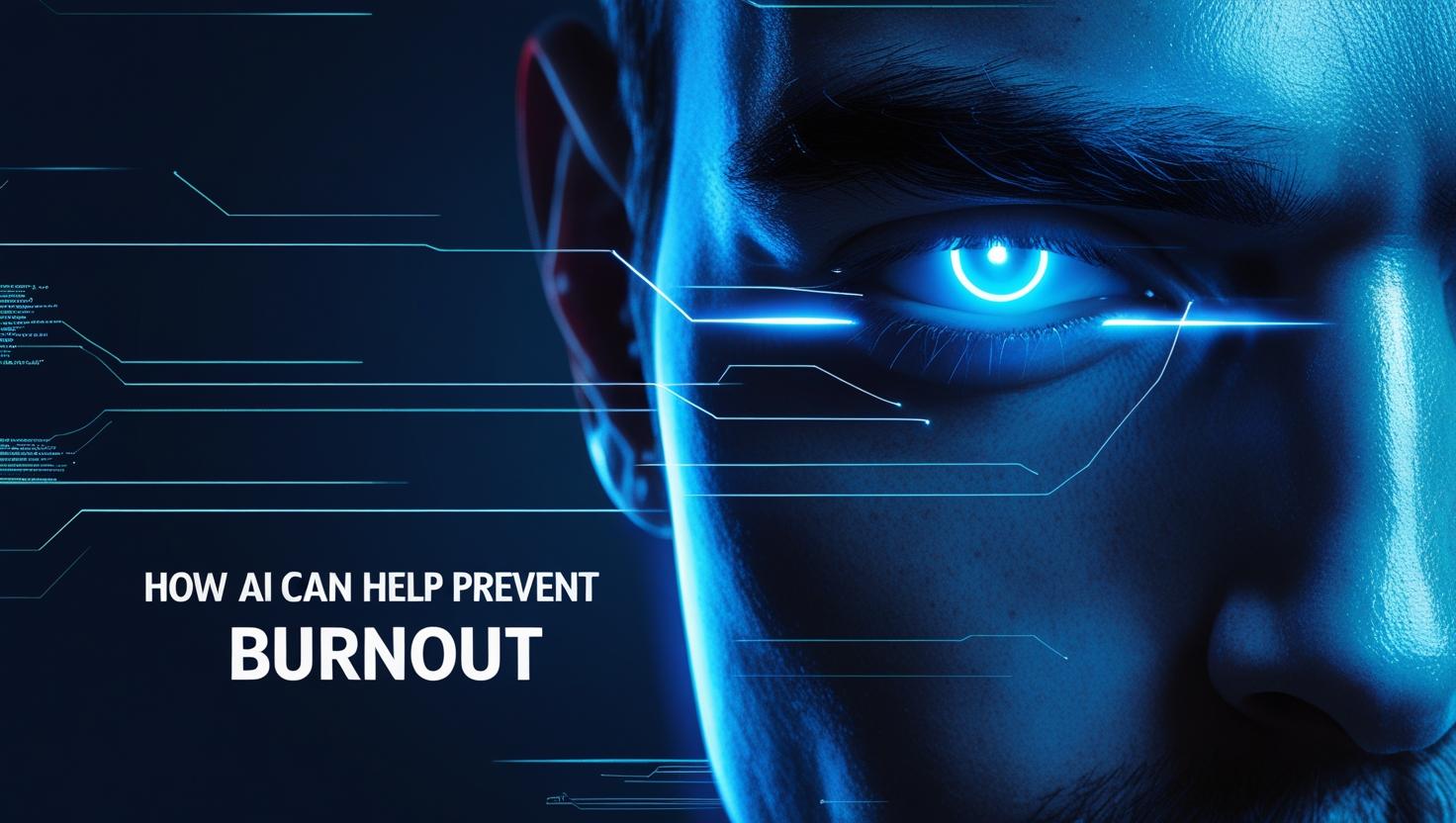AI & Biohacking: The End of Guesswork for Men’s Health?

Look, we've all been there. You're feeling like absolute garbage—tired, stressed, maybe a little puffy in the chest—but your doctor tells you everything is "within normal range." You walk out with a vague prescription to "eat better and sleep more," knowing it’s a useless platitude. It's frustrating, it's expensive, and it leaves you right where you started: on your own.
But what if you didn’t have to go it alone? What if you had a tool that could sift through two hours of your health history in seconds, connecting the dots between your head injuries, your blood work, and your chronic fatigue? As we discussed with our guest, Garrett Wood, on Brobots, that tool is already here, and it's called AI
The Problem with the Old-School Medical Model
The traditional medical system is built for triage. It's a "quick-fix" model designed to treat acute symptoms, not to help you optimize your well-being
Your Wearable isn't a Toy; It's a Weapon
We’re wearing more data-collection devices than ever before—smart rings, watches, and even continuous glucose monitors (CGMs). But for most guys, it’s just a glorified step counter. The real power comes from using that data to be your own health detective. Garrett gave a brilliant example of a woman who thought she was developing a panic disorder in traffic
From Data to Actionable Change
The most common reason we fail to make lasting change is the lack of a tight feedback loop
We’re not saying to abandon your doctor. We’re saying to show up for that four-minute visit with a data-informed hypothesis. Using AI to interpret your blood work and symptoms can give you the language and evidence you need to have a more productive conversation with your medical team. Don't be a passive patient. Be an informed advocate for your own health.
For more no-nonsense advice on health, burnout, and leveraging technology, head to our podcast. You can this episode at










